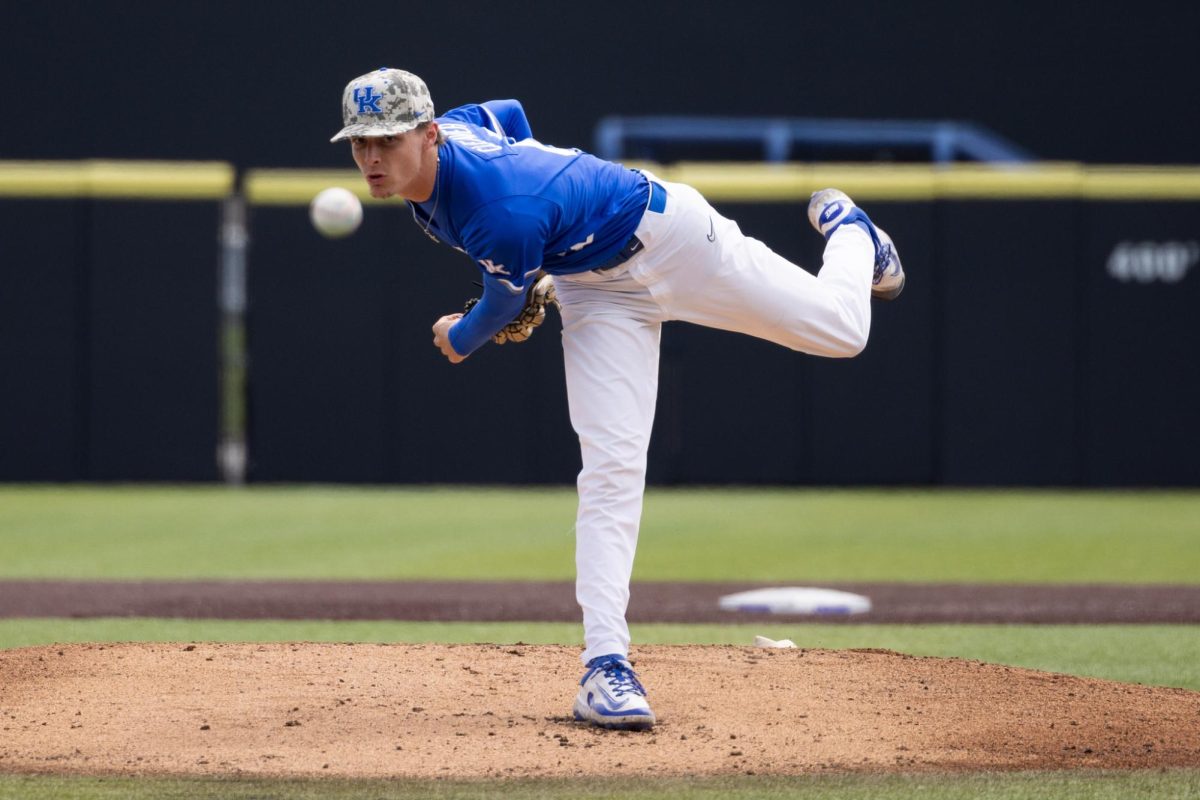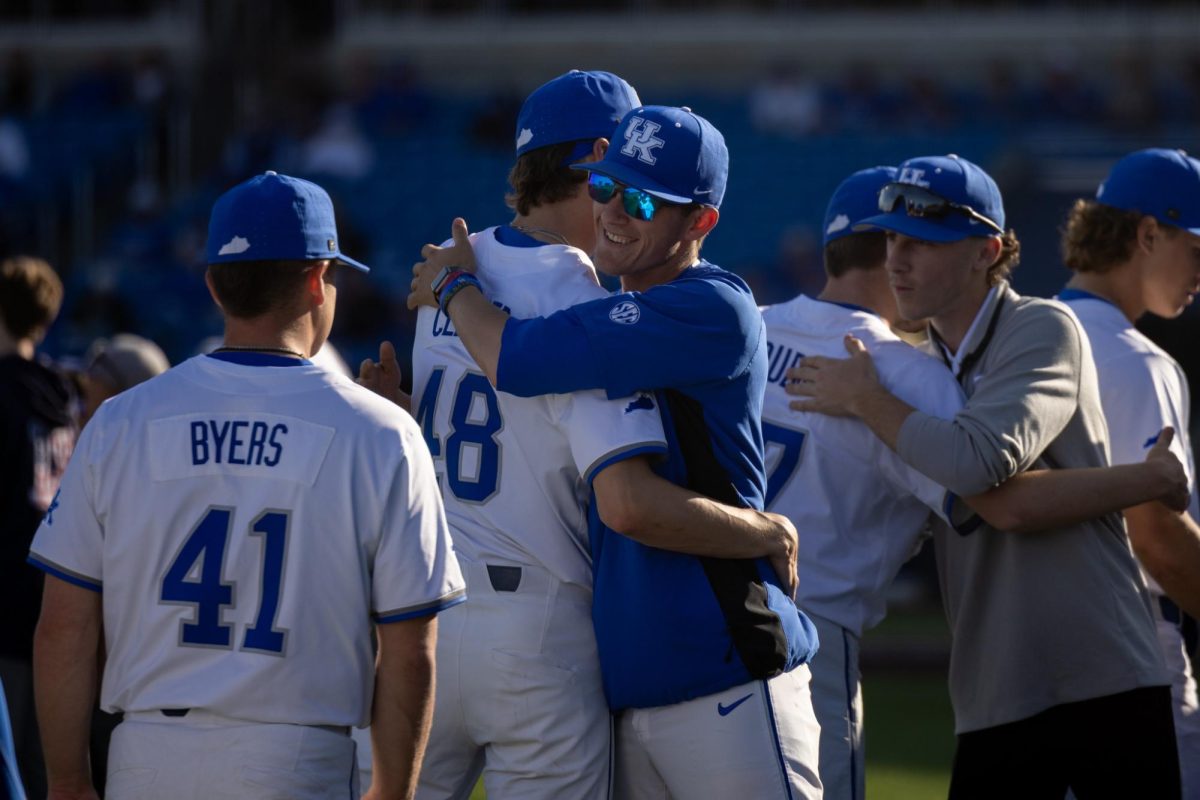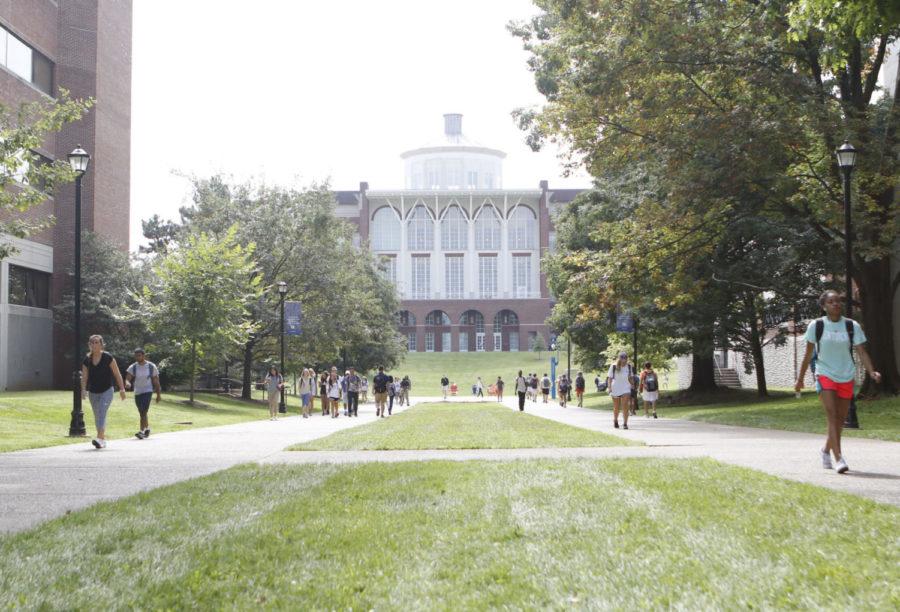Mindfulness, more than meditation
September 30, 2016
Have you ever pondered what you are actually thinking about? What do a majority of your thoughts consist of? Have you ever thought that mental multitasking may be decreasing your experience and comprehension of what is in front of you?
Let’s look at it this way. While you are off on your morning run, prioritizing grocery list items based on your budget and sorting through upcoming assignment dates, you probably missed that $5 bill just lying on the ground. You also missed the puppy with two different colored eyes who was just begging to be pet. Last but not least, you missed the advertisement for your dream job that was taped to the lamppost two blocks back.
Now that you have been informed of what you have missed, are you really that upset? Probably not. It seems that most of us have become so complacent with our routine-based lives that when opportunities present themselves we are not only not upset if we miss them but also not actively seeking them either.
Now let’s take the same scenario and go through some other things that were missed. Thoughts of oatmeal, dish soap, calculus equations and project proposals veil our eyes from the little girl who can’t find her mom crying down the sidewalk. We don’t notice the couple arguing behind their used Toyota, faces red and tears inevitably to follow. Finally, we trample overtop an innocent, curious caterpillar.
Maybe you would never miss a $5 bill lying on the ground. Maybe you don’t own a pair of tennis shoes, despise the idea of running and wouldn’t even know what to do with your arms. Maybe you don’t like petting puppies.
The point is, maybe we are missing out on a whole lot of living in life. We may have created a bubbled reality where only what directly affects us, concerns us. Naivety and ignorance to the max.
Mindfulness is the answer. The Google definition of mindfulness is “a mental state achieved by focusing one’s awareness on the present moment.”
It is more than a type of meditation; mindfulness is a lifestyle choice. If we actively participate in our surroundings, we will introduce exponential gratitude and all sorts of new experiences into our daily lives.
According to the concept of neuroplasticity, life experiences cause our brains to change and adapt—for the better! In other words, our minds are malleable but only if we take action and introduce mindfulness into our lives.
We can rewire the way our bodies react to stress, develop new brain cells, reverse the aging process, and so much more.
The simplest way to bring mindful habits into your life is to focus on your breath. Without this action, none of us would be here. Focus on each inhale as you feel your diaphragm drop and your rib cage expand. Allow your shoulders to fall toward your hips, creating length in your neck as you fully exhale. Repeat.
Make each breath deeper and perhaps pause breathless in between, becoming aware of the void and the actual difference between how your body responds to breath and the lack of breath. This can be done for thirty seconds, thirty minutes, or even thirty days.
Let’s revisit the running scenario. Practice mindfulness by concentrating on the way your feet hit the sidewalk; feel the force of the impact and then the contrast as one foot is briefly in free air. Try to actually feel the sun on your skin, the humidity, the raindrops, the gusts of wind. Observe your surroundings and take them in.
You will start to notice those crawling caterpillars on the pavement and your dream job may be right around the corner. Allow mindfulness to take over your thoughts and be fully present in every moment.
We need to break our bubbled realities, retrain our brains and stop merely going through the motions in life. Literally stop and smell the roses.



























































































































































